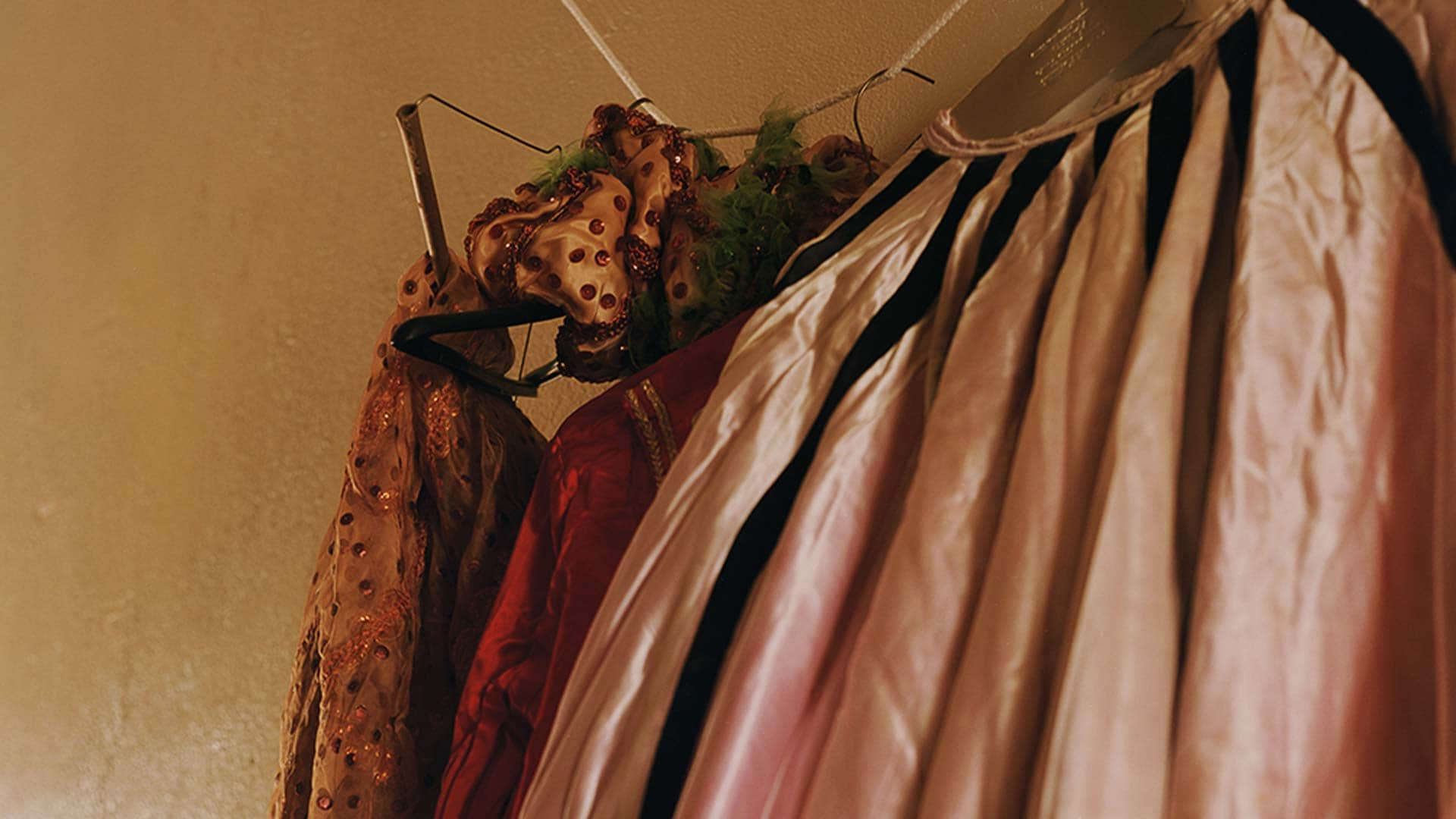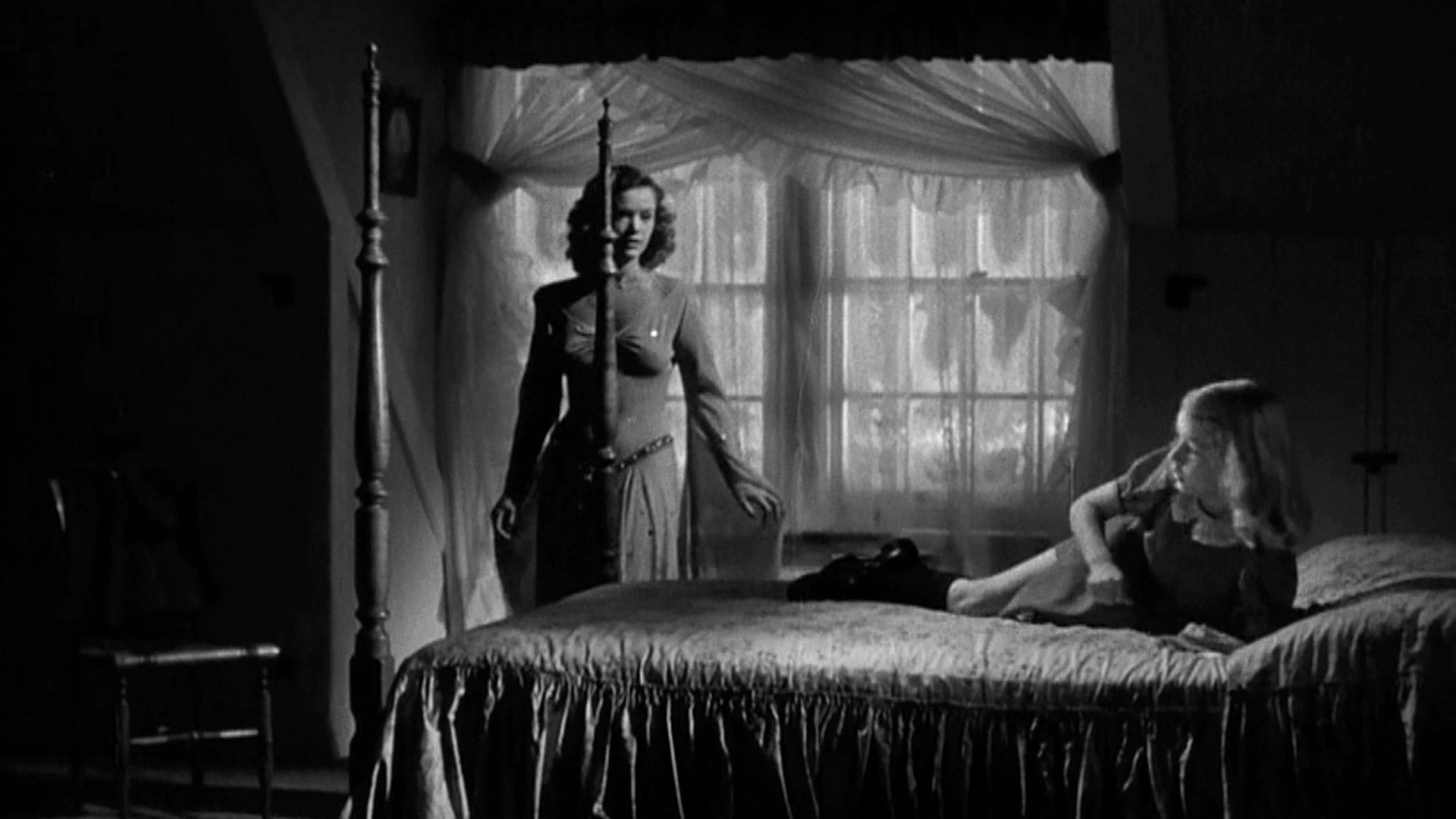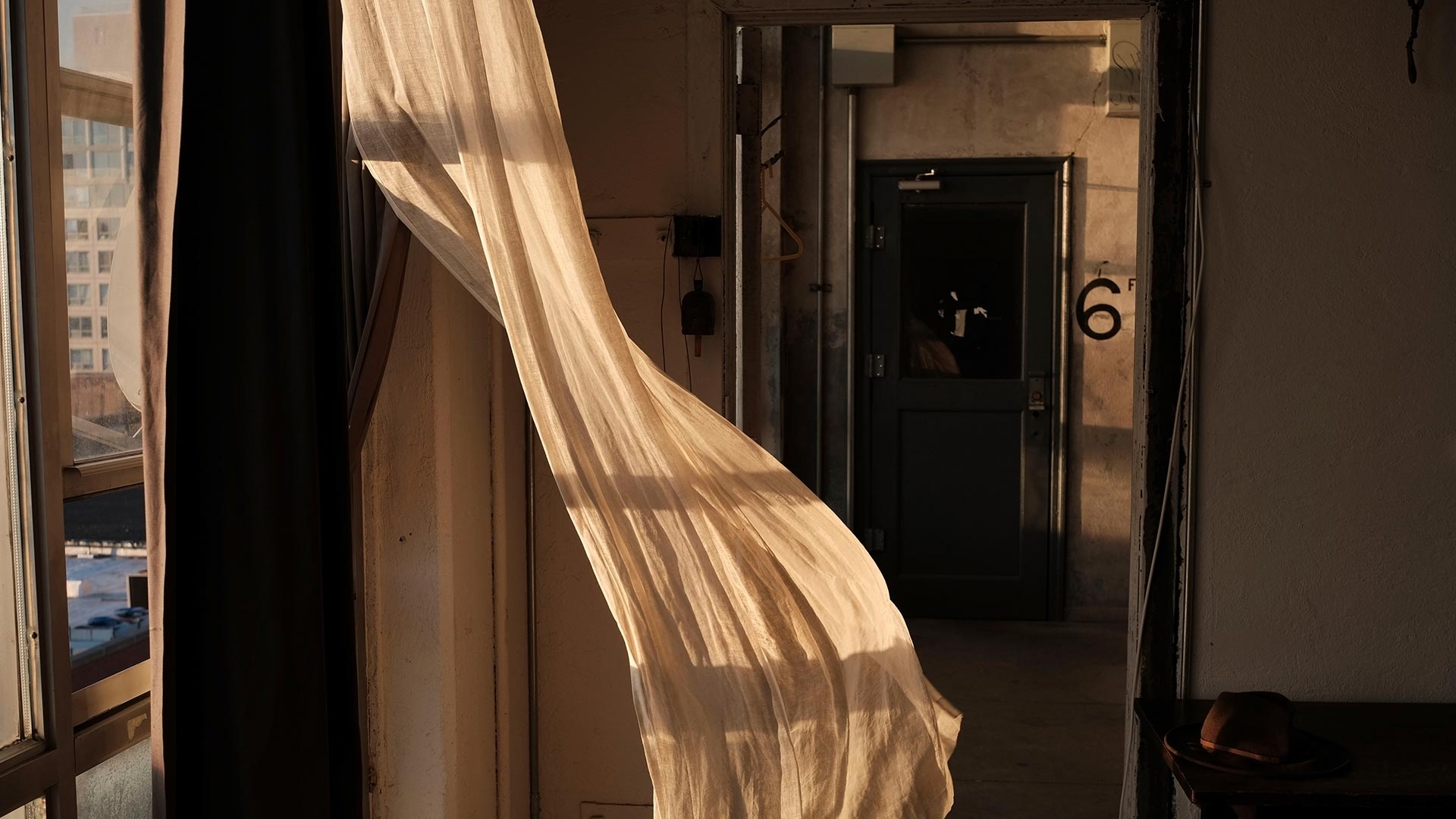My father’s work, like many jobs in this city, is parasitic. A photographer by profession, he would have starved to death—and with him the whole family—had it not been for the generosity of Dr. Ruellan, who, besides offering a decent salary, granted my inspired but unpredictable father the possibility of focusing on a mechanical task, without too many complications. Dr. Ruellan, the best eyelid surgeon in Paris, operates in the Hôpital des Quinze-Vingts, and he has an inexhaustible client list. Some patients even prefer to wait a year for an appointment with him instead of opting for a doctor of less renown. Before intervening, our benefactor requires of his patients two sets of photographs. The first consists of five close-ups—eyes open and closed—to document their condition before the operation. The second is done after the surgery, once the incision has healed. That is to say, no matter how satisfactory our work is, our clients get to see us only twice in their lifetimes. However, there are occasions when the doctor does make a mistake—no one is perfect, not even him. One eye winds up more closed than the other or, on the contrary, too open. In these cases the person returns so that we can take a new set of photos, for which they’ll have to pay another three hundred euros, as the medical errors are not my father’s fault. Despite what you might think, eyelid surgery is very common, and the reasons for it are numerous, beginning with the ravages of age, I mean the vanity of people who cannot stand the signs of old age on their faces. But there are also car accidents that often disfigure the passengers, as well as explosions, fires, and other kinds of unforeseen occurrences. The skin of an eyelid is unexpectedly delicate. At our place of business, near Place Gambetta, my father has put on display photographs he took long ago, such as a medieval bridge, a Romani woman hanging out clothes to dry beside her trailer, or an outdoor sculpture in the Luxembourg Gardens with which he won a prize as a young man in the city of Rennes. It’s enough to see them to know that, even in his youth, the old man had talent. My father still hangs on his walls more recent works as well, like the figure of a beautiful little boy who died in Ruellan’s operating room (a problem with the anesthesia), his whole body shining on the table, bathed in a very bright, almost celestial light that enters at an angle from one of the windows. I started working in the studio at the age of fifteen, when I decided to leave school. My father needed an assistant and included me among his workers. I learned then the trade of a medical photographer specializing in ophthalmology. However, afterward, I also took charge of the office work, including the accounting. Rarely have I gone out into the city or the countryside in search of a scene that might inspire my fickle lens. When I go for a walk I usually do so without a camera, either because I forget to take it or for fear of losing it. I admit however that often, while walking along a street or the hallways of some building, I suddenly feel the desire to take a picture, not of landscapes or bridges as my old man once did but rather of an atypical eyelid that every once in a while I detect in a crowd. I find this body part, which I’ve been observing since childhood, fascinating, and I haven’t shown signs of getting sick of it yet. Exposed one moment, hidden the next, it keeps you on the lookout for something really worth the trouble. The photographer must avoid blinking at the same time as his subject of study and must capture the moment when the eye closes like a teasing oyster. I have come to believe that a special intuition, like that of an insect collector, is required for this work, and that there is not much difference between the flutter of a wing and the batting of an eyelash.
Ptosis
I count myself among the small percentage of people who are passionate about their work and, in that sense, I consider myself fortunate. But don’t get me wrong: our job has its downsides. All sorts of individuals pass through the studio, the majority of them in desperate situations. The eyelids that end up here are almost all horrible, and when they don’t make you feel queasy, you feel pity. It’s not for nothing that their owners want an operation. After the two months of convalescence, when the patients, already transformed, return for the second photo session, we breathe a sigh of relief. While few improve a hundred percent, the face—its expressions, its permanent look—is completely changed: the eyes seem to be better balanced. However, if you look closely, especially when you’ve seen thousands of faces modified by the same hand, you discover something atrocious: in some way, they all look the same. It’s as if Dr. Ruellan were imprinting on his patients a distinctive mark, faint but unmistakable. Despite the pleasures of this profession, like any other, it eventually leads to indifference. I remember having seen only a few really memorable cases in our establishment. On those occasions I approached my father, who was preparing the film in the back room, and asked whether I could click the shutter. He always conceded, though without understanding the reason for my sudden interest. One such discovery occurred less than a year ago, in the month of November. During the winter our studio, located on the ground floor of an old factory, becomes unbearably damp; it’s preferable to go outside in bad weather to do one’s work than to remain in that cave, made dark and frigid for the necessities of the work. My father wasn’t around that afternoon and I, freezing to death near the door, amused myself wondering about the rain’s indecision while cursing the client who was late by more than a quarter of an hour. When her figure finally appeared on the other side of the gate, I was surprised that she was so young, at the most twenty years old. A black, waterproof hat covered her head and allowed the drops to slide down her black hair. Her left eyelid was three millimeters lower than the right. Both eyes had a dreamy look, but the left was abnormally sensual: it seemed heavy. Upon seeing her I was overcome by a curious sensation, a sense of pleasant inferiority that I tend to experience in the face of excessively beautiful women. With an exasperating lack of urgency, as if she couldn’t care less about being late, she approached to ask me which floor the photographer was on. She must have taken me for the doorman. “It’s here,” I told her. “You’re in front of the door.” I unlocked it, and with a lofty gesture that she couldn’t fathom, I turned on all the lights, as if I were signaling the entrance of the royal family into a ballroom. Once inside, she took off her hat. Her long black hair seemed an extension of the rain. Like all the patients, she explained to me that she had gotten an appointment with Dr. Ruellan to fix her problem. What problem? I was about to ask. You don’t have any. But I stopped myself. She was so young ... I didn’t want to upset her, and so chose to make a trivial comment: “You don’t seem from Paris, where are you from?” “From Picardy,” she replied timidly, avoiding eye contact, as the patients usually do. Except that now, instead of appreciating that evasive gesture, I was driven mad. I would have given anything to spend the whole afternoon looking at her heavy and at the same time fragile eyelid, and would have given twice that to get those eyes to look into mine.
“Do you like Paris?” I asked, using a falsely absentminded tone. “Yes, but I won’t be able to stay very long. I really only came for the operation.” “Paris will entice you, that’s for sure. When you least imagine it, you’ll come here to live.” The girl smiled, lowering her head. “I don’t think so. I’d like to return to Picardy as soon as possible; I don’t want to lose a whole year on this.” The idea that this woman lived in another city was enough to make me depressed. I became moody. Suddenly, almost rudely, I interrupted our conversation to go get some film. “Sit here,” I said to her hurriedly when I returned. Never in my professional life had I been so unfriendly. The girl sat down on the bench and pushed back her hair to show her face. “I don’t know if you know this,” I said to her, faking sympathy, “but the results are never perfect. Your eye will never be the same as the other. Has the doctor explained this to you?” She nodded yes. “But he also told me that the two eyelids will be at the same level. For me that’s sufficient.” I considered showing her a series of photos of unsuccessful operations to try to discourage her. I thought of telling her that, no matter what, she would end up with the unmistakable mark of the patients operated on by Dr. Ruellan, that tribe of mutants. However, I didn’t have the courage. Without saying another word, I lowered the white backdrop behind her head, pointing the light toward her eyes. Instead of the customary three shots, I clicked the shutter fifteen times, and would have continued until nightfall if my father hadn’t arrived. Upon hearing the key turn in the lock, I switched off the lights. The young woman stood up and approached the counter to sign the check, where I read her schoolgirl’s handwriting. “Wish me luck,” she said. “We’ll see each other in two months.” * * * I can’t describe the depression I fell into that evening. I developed the photos immediately. I put the most conventional ones in an envelope with the hospital seal and kept the photo that turned out the best in the drawer of my desk: frontal portrait, dreamy and obscene. My efforts to forget her were useless. For three months I waited in extreme terror for her to show up for the second series, as there was no way I wanted to be present. Every Monday I checked my father’s schedule to know when to stay away. But she never came. One evening, in early summer, while walking along the docks in search of someone with an interesting eyelid, I saw her again. The Seine was calm in those days and one could see the stones in its bed reflecting the dark green color and gentle ripples of the water. She was also staring into the river, so much so that we almost bumped into each other. To my great surprise, her eyes were still the same. I said hello cordially, doing everything possible to hide my joy, but after a few minutes I couldn’t hold back anymore: “Did you change your mind?” I asked. “Did you decide not to get the operation?” “Something came up and the doctor had to postpone the date until the end of the school year. I’m going into the hospital tomorrow. Since I don’t have family in the city, I’ll stay in the hospital for three days.” “How are your studies going?” “Last week I took my entry exam for the Sorbonne,” she responded, smiling. “I’d like to move to Paris.” She seemed content. In her eyes I saw that hopeful look the patients tend to have on the eve of their surgery, which gives even the most deformed faces a candid air.
I invited her to an ice cream on the Île Saint-Louis. A jazz orchestra was playing nearby, and even though from where we were it was impossible to see the musicians, you could hear the notes as if they were emerging from the river. The sunlight tinted her eyelids orange. We walked for hours, sometimes in silence, other times talking about what was happening during our walk, or about Paris and the future awaiting her in the city. If I had brought the camera I now would have some proof not only of the ideal woman but also of the happiest day of my life. As night fell I accompanied her to the hotel where she was staying, a dump near Bonne Nouvelle. We spent the night together on a dilapidated bed, in constant danger of falling to the floor. Once we were naked, the twenty years’ difference between us became more evident. I kissed her eyelids over and over again, and when I tired of doing so, I asked her not to close her eyes, so as to keep enjoying those three extra millimeters of eyelid, those three millimeters of maddening sensuality. From the first embrace until the moment when, exhausted, I turned off the bedside lamp, I felt the need to persuade her. Then, without any sort of shame or inhibition, I begged her not to have the operation and to stay with me, like this, just as she was in that moment. But she thought I was just trying to be romantic, that it was one of those exaggerated lies people tell in such situations. We practically didn’t sleep that night. If Dr. Ruellan, who always demands complete bed rest of his patients the night before a surgery, had known! She arrived at the preoperative wing of the hospital with dark circles under her eyes that made her seem older and even more beautiful. I promised to stay with her up until the last minute and, after, when she recovered from the anesthesia, to come and see her immediately. But this was impossible; as soon as the nurse came into the room to take her to the operating theater I escaped, slithering my way to the elevator. I left the hospital in pieces, as if retreating in defeat. I thought so much about her the next day. I imagined her waking up alone, in that hostile room stinking of disinfectant. I wished I could have been there with her. I would have, if not for what was at stake: my memories, my image of those eyes—that would now be identical to those of all Dr. Ruellan’s patients—which would vanish from my memory after seeing them after the operation. Some evenings, especially during lean periods when the patients offer no satisfaction, I put her photograph on my desk and look at it for a few minutes. Doing so, I’m invaded by a sense of asphyxia and an infinite hatred toward our benefactor, as if in some way his scalpel had also mutilated me. I haven’t gone out with the camera since then. The docks of the Seine no longer provide me with any promise of mystery. Guadalupe Nettel has received numerous awards, including the 2014 Herralde Novel Prize. She is the author of the novel The Body Where I Was Born (2015) and the story collection Natural Histories (2014). “Ptosis” will be included in her forthcoming collection, Bezoar and Other Unsettling Stories, translated by Suzanne Jill Levine, which will be published by Seven Stories Press in fall 2019. Nettel lives in Mexico City.


